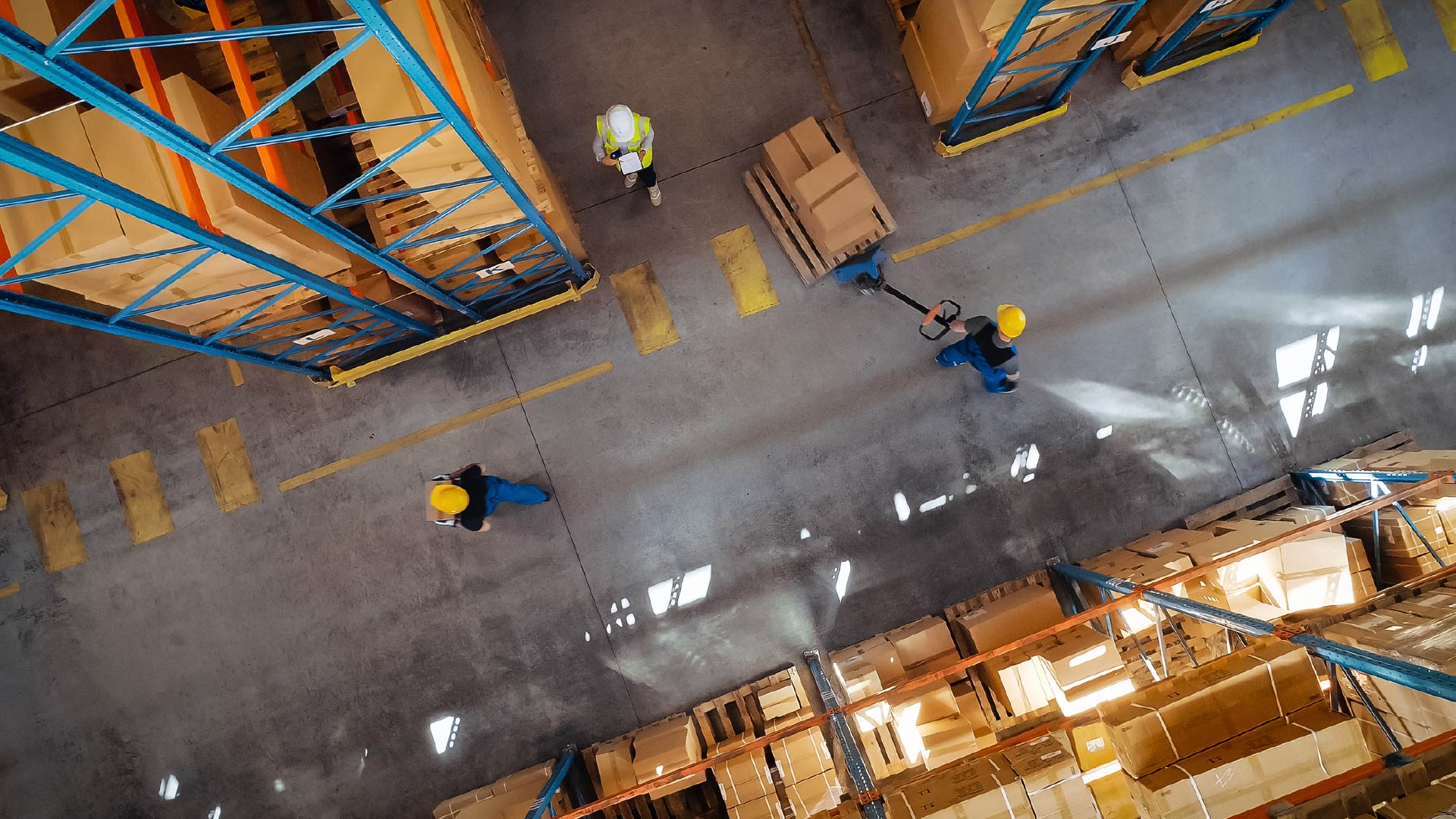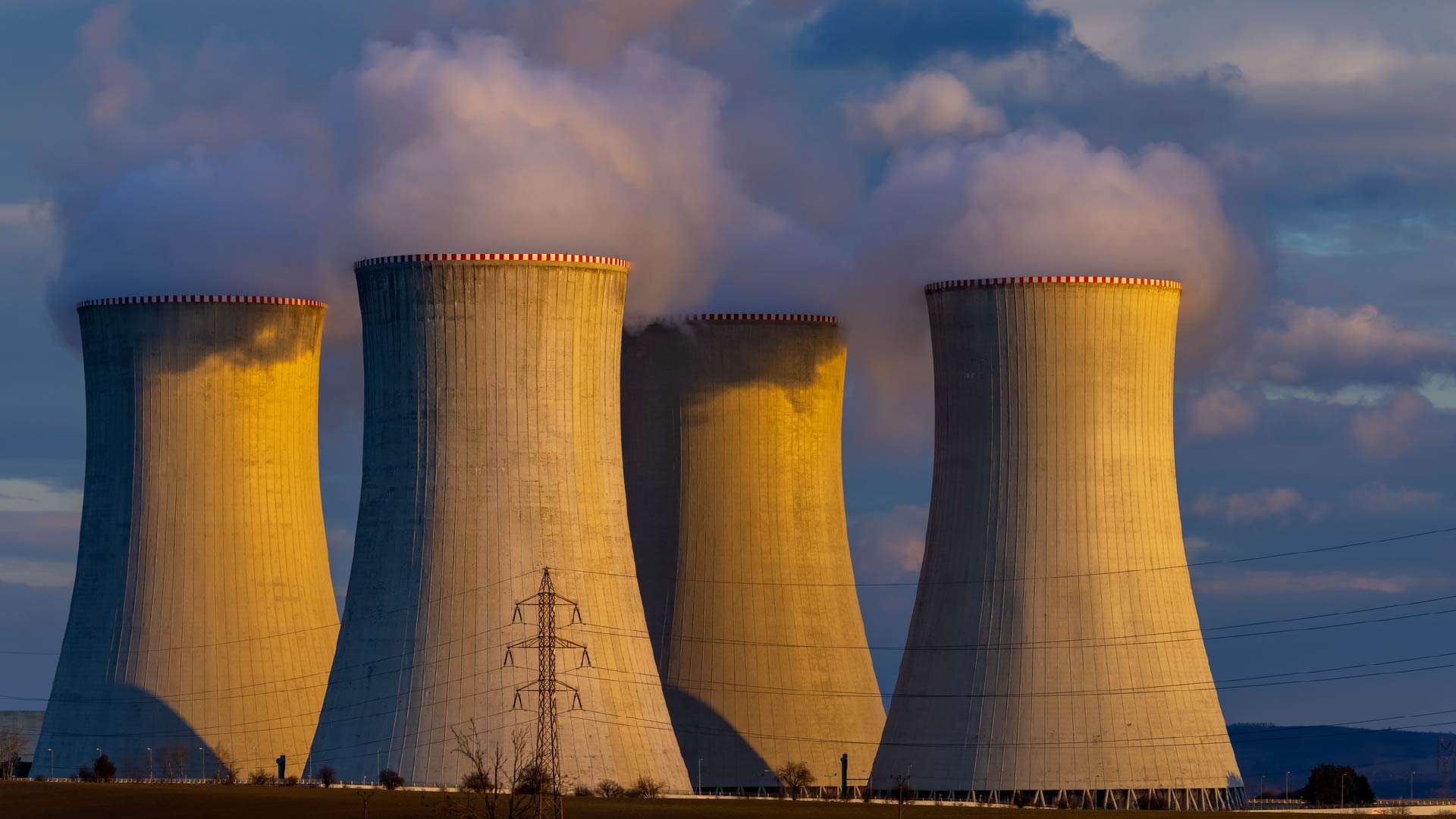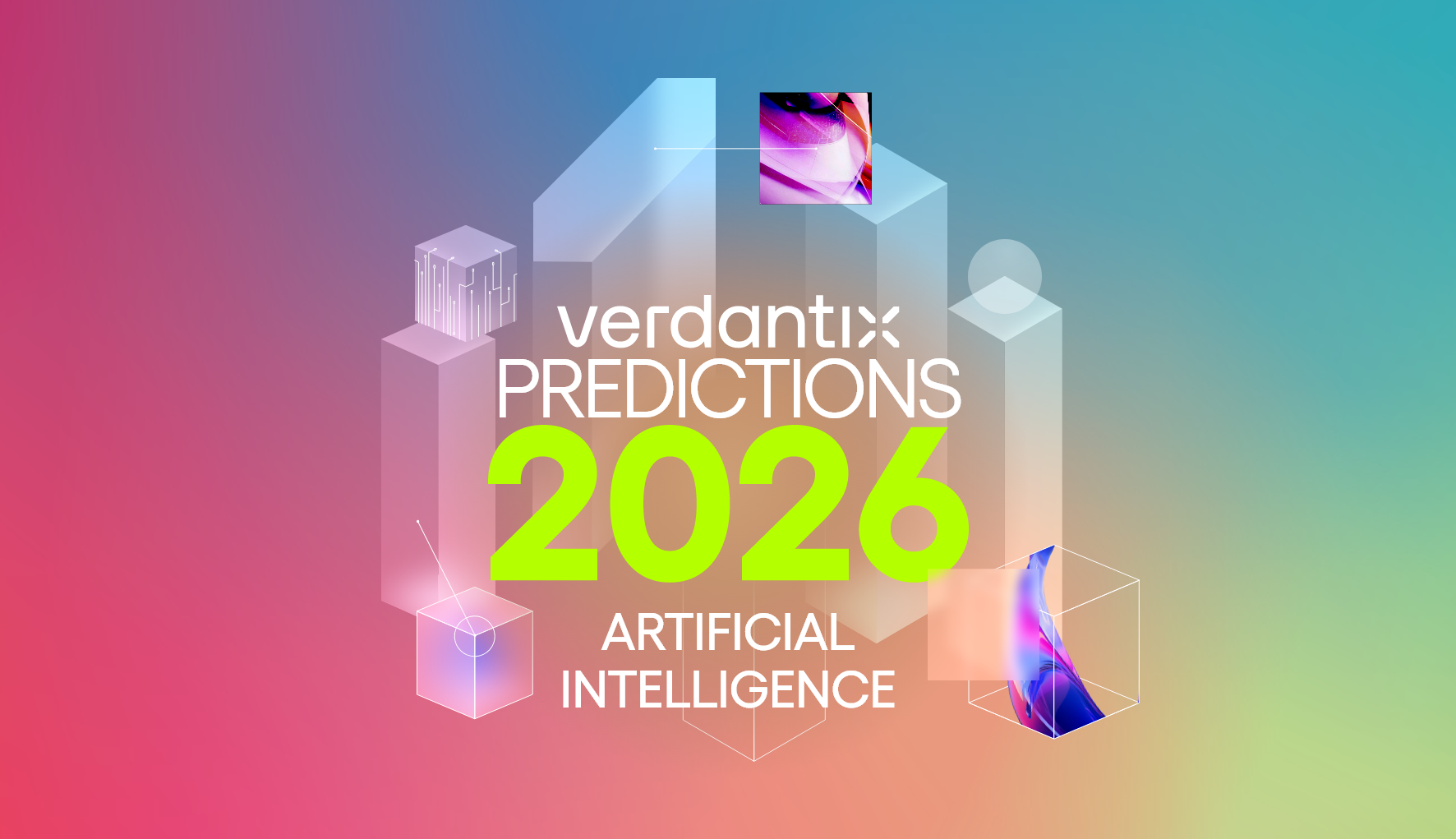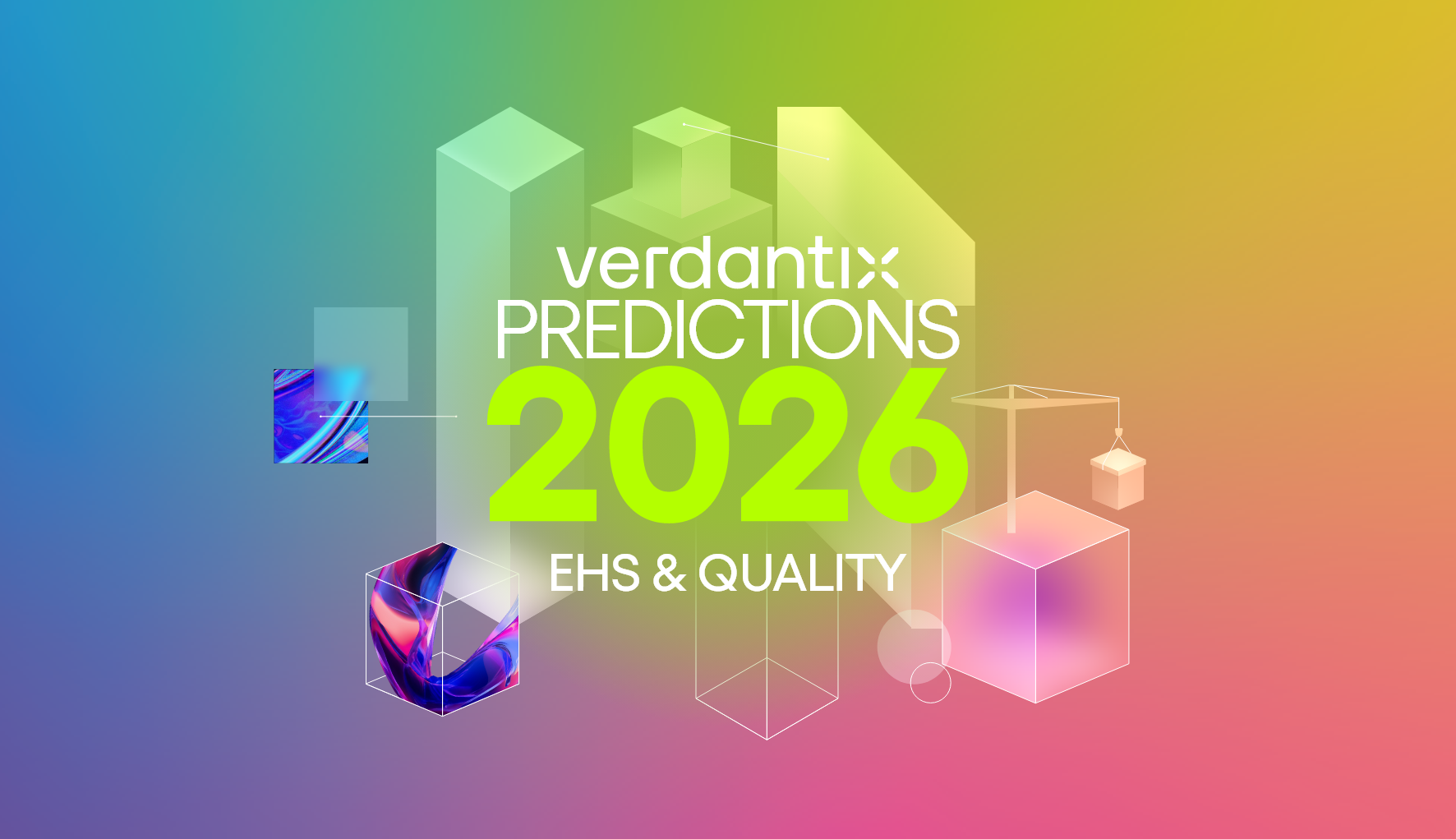Let’s Talk Industrial Tech: A Focus On Our Predictions For 2024
06 Feb, 2024
With a new year comes new resolutions – as well as 10 new Verdantix predictions for the coming year. Following up on our webinar on predictions for operation excellence in 2024, let’s focus on three of our 10 predictions:
- Firms will further leverage existing industrial software to achieve net zero targets.
As industry accounts for nearly a quarter of global emissions, there is growing pressure to accelerate the move towards net zero. Technology is one of the main enablers of this transition, with 88% of 304 respondents to the 2023 operational excellence global survey stating that plant decarbonization is driving digitization. Moreover, executives in operations, maintenance and engineering roles see industrial technologies such as predictive maintenance, asset integrity and energy management software all playing a key role in achieving net zero operations. A third of these decision-makers (32%) stated that, while they do have energy management software, they are planning to increase investment. The same survey also found that almost a third of respondents see predictive maintenance software to be a critical solution – and nearly half consider it helpful in achieving net zero goals. Further Verdantix research into industrial software for net zero strategies found that the vast majority of respondents also consider asset investment planning software (91%) and production optimization software (80%) critical or helpful to achieve net zero goals. We expect to see industrial organizations leverage all of these technologies to reduce emissions and improve sustainability in 2024.
- Product roadmaps will prominently feature GenAI to enhance differentiation and customer efficiency.
GenAI, offering the ability to individuate novel outputs and patterns based on existing data, is positioning itself to become a game-changing technology as a decision-making and operational efficiency tool. We have already seen GenAI integrated in solutions such as C3.ai’s document analysis tool and Symphony AI’s plant performance enhancer, digital manufacturing and workforce connectivity software. Major industry players are also following this trend, such as Siemens and Microsoft, which are reinforcing their partnership to utilize AI in boosting efficiency and creativity throughout product development phases.
- APM software providers are building quick-to-deploy reliability models.
The increasingly widespread adoption of asset performance software can be attributed to the many benefits it offers. Improving maintenance can drastically reduce costs and improve productivity, and it also extends the life span of machinery, essentially improving the finances of a firm, while reducing its carbon footprint by minimizing waste. To capitalize on these benefits and a growing demand, vendors are betting on easy-to-implement and intuitive software – a trend evidenced by solutions such as IBM’s Maximo and Hitachi Energy’s Lumada APM. IBM Maximo offers a large database of over 58,000 failures modes and more than 5,000 maintenance tasks, allowing users to streamline reliability strategies for over 800 asset types. Lumada APM, on the other hand, emphasizes accessibility, by offering a no-code solution for reliability engineers to simulate intervention scenarios and evaluate risks.
Discover more Asset Performance Management Software content
See More
About The Author

Lucas Sala
Analyst





